Manipur CM Biren Singh Getting off from CM post, what next ” The Master Plan”
Manipur CM N. Biren Singh Resigns Amidst Prolonged Ethnic Conflict: A State in Crisis
In a move that has sent shockwaves across Manipur’s political landscape, Chief Minister N. Biren Singh has stepped down, marking a significant turn in the state’s ongoing crisis. His resignation comes after nearly two years of ethnic violence that has ravaged the northeastern state, leaving hundreds dead, thousands displaced, and communities torn apart.
Singh’s exit reflects the growing unrest in Manipur, where tensions between the Meitei and Kuki-Zo communities have continued unabated. His tenure, once marked by promises of development and peace, has ended under the shadow of a conflict that has left an indelible scar on the region.
The Roots of the Conflict
Manipur’s current turmoil can be traced back to a long-standing ethnic divide between the Meitei community, which predominantly resides in the Imphal Valley, and the Kuki-Zo tribal groups, who inhabit the surrounding hill districts. The situation reached a boiling point in May 2023 when violence erupted over a court ruling proposing Scheduled Tribe (ST) status for the Meiteis.
For the Kuki-Zo community, this move was seen as a threat to their rights, land, and resources. Protests quickly escalated into riots, and soon, the streets of Manipur were ablaze with violence. What started as localized skirmishes soon turned into full-scale communal clashes, leading to the deaths of over 250 people and displacing more than 60,000 individuals.
A Leadership Under Fire
Biren Singh, a former footballer-turned-politician, had helmed the state since 2017, promising stability and development. However, as the conflict spiraled out of control, criticism of his leadership grew louder. Accusations of bias in handling the crisis, allegations of selective law enforcement, and failures in restoring peace put immense pressure on his administration.
The Kuki-Zo community, which had already been at odds with the state government, demanded his resignation, citing his inability to provide security and justice. Meanwhile, within the Meitei strongholds, voices of support for Singh remained, but even among them, frustration over the unending violence was palpable.
Singh had attempted to hold his ground, emphasizing his commitment to restoring normalcy. Security forces were deployed in large numbers, curfews were imposed, and internet services were frequently shut down to prevent the spread of inflammatory content. Yet, none of these measures could bring lasting peace. The violence, arson, and bloodshed continued, leading to a near-complete breakdown of governance.
In June 2023, just two months into the conflict, reports surfaced that Singh had offered to resign, only to be stopped by his supporters. However, as the months dragged on with no resolution in sight, his position became increasingly untenable.
The Breaking Point
By early 2025, the situation had reached a critical point. With peace efforts failing, increasing national and international scrutiny, and the humanitarian crisis worsening, Singh found himself with little choice but to step down.
His resignation speech was short yet emotional. “It has been an honor to serve the people of Manipur. I had hoped to bring peace and development to this great state, but circumstances have made it clear that new leadership is needed,” he said. His departure leaves Manipur at a crossroads—will this change in leadership usher in a new era of peace, or will the violence persist?
The Human Cost of the Conflict
Beyond the politics, the ongoing conflict has had devastating consequences for ordinary people. Families have been torn apart, homes reduced to ashes, and entire villages abandoned. Relief camps, originally set up as temporary shelters, have now become long-term settlements for thousands.
Stories of survival and loss emerge daily. Mothers mourning their sons, children growing up in the shadow of war, and elders longing for the Manipur they once knew. The trauma of the past two years has left deep scars, both physical and emotional.
Displacement has particularly affected women and children, who have been forced into dire conditions, struggling for food, medical care, and basic dignity. Schools remain shut in many areas, businesses have collapsed, and normal life has become a distant memory.
What Lies Ahead for Manipur?
With Singh’s resignation, the immediate question is—who will step up to lead Manipur out of this crisis? The next government will face the daunting challenge of restoring trust between communities, rebuilding the state’s economy, and ensuring justice for victims of the violence.
Many believe that true peace will only come through genuine dialogue, reconciliation, and structural changes that address the deep-rooted grievances of both the Meitei and Kuki-Zo communities. While security measures and political changes might provide temporary relief, a long-term solution will require empathy, understanding, and policy reforms that benefit all ethnic groups in Manipur.
For now, Manipur remains on edge. The hope is that Singh’s resignation marks the beginning of a new chapter—one where leaders prioritize healing over division, and where peace is not just an aspiration but a reality.
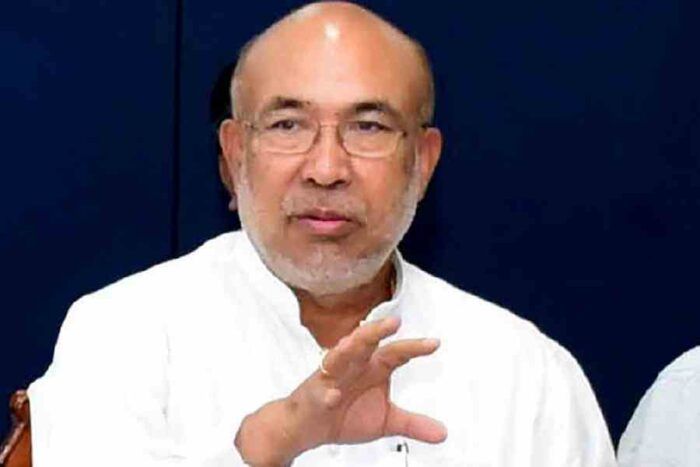


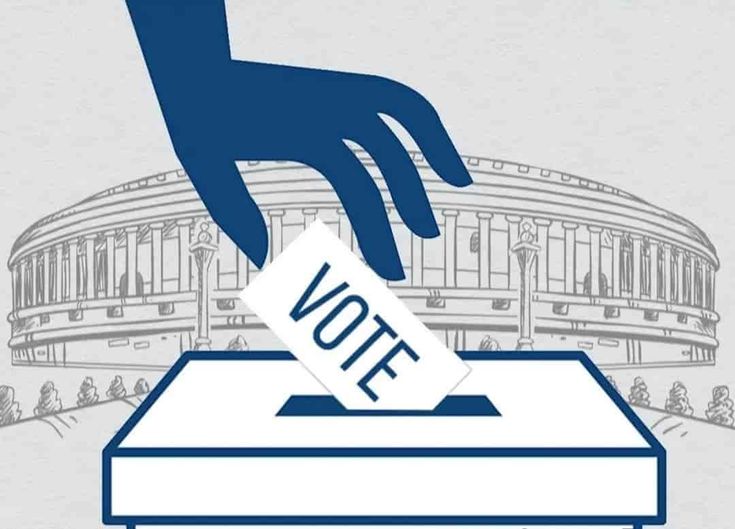
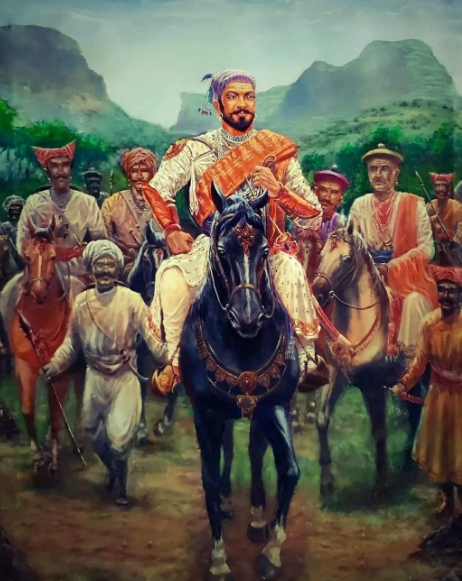

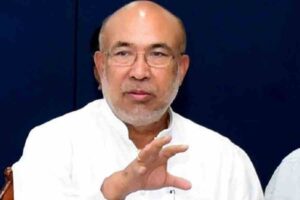

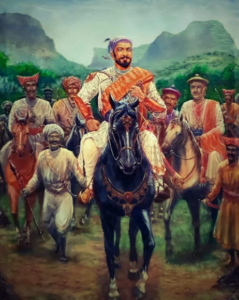





Post Comment